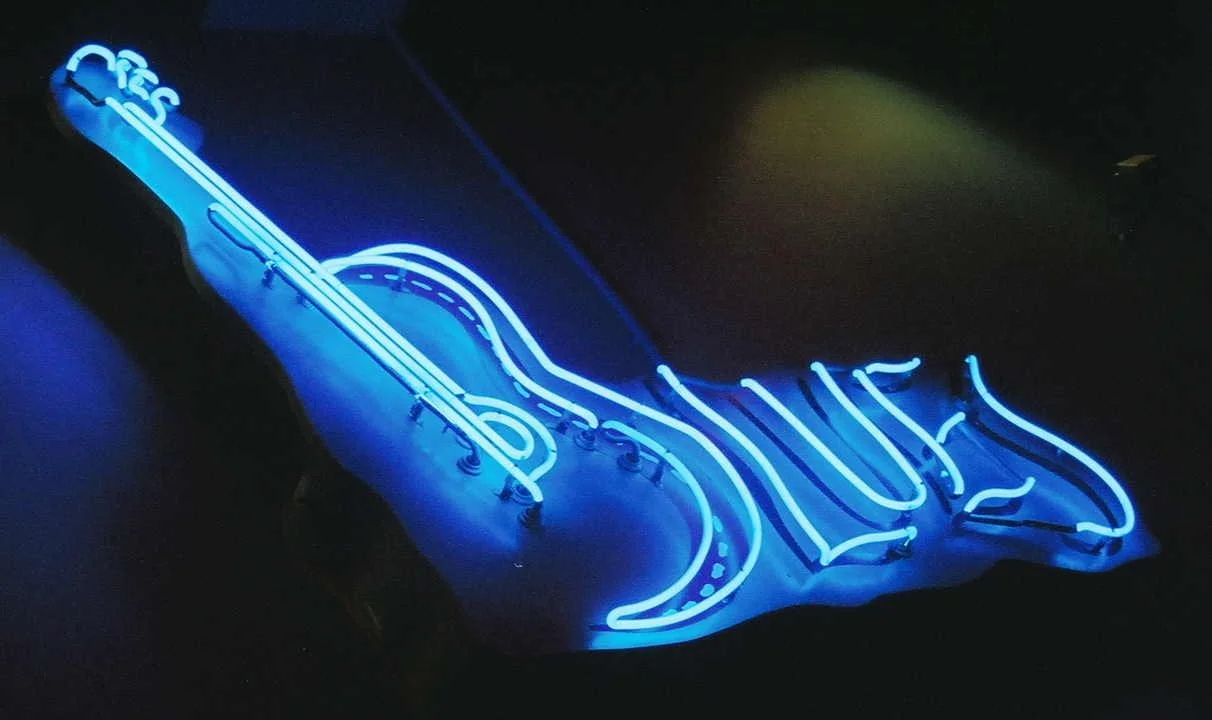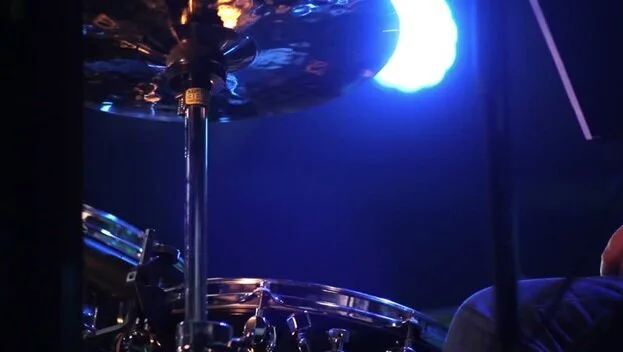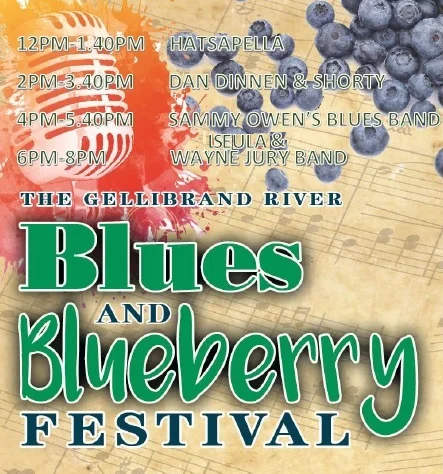The Origin of Blues, the Music
/The Mississippi Delta gave birth to the blues.There is a long and complex musical history behind this genre. The blues was strongly influenced by the social changes of the nineteenth century.
Throughout the twentieth century, the genre kept branching out. It formed the basis of rock’n’roll. It’s impossible to imagine contemporary music without the blues.
Let’s take a whirlwind tour of the history of this genre.
The Beginnings of the Blues
“The blues tells a story. Every line of the blues has a meaning.” – John Lee Hooker
Slavery was there at the roots of this genre. The blues developed from the musical traditions that African slaves brought to America.
It was based on two forms of music: spirituals and work songs. Both of these were developed by African American slaves and freedmen.
Spirituals were religious songs. They were based on Christian hymns and psalms, but these songs were performed in an entirely new way. African American congregations added polyphony,call-and-response, and other innovations to these hymns. The lyrics changed overtime as well. Using vocal harmony, these congregations made a musical genre that lasts to this day.
And what about work songs?
These a capella songs were created by slaves working in the fields. Work songs also featured a call-and-response and a drumbeat.
Drumming was a sophisticated form of communication in various African traditions. Slaves used it to pass on messages to each other. Eventually, they were banned from using drums or trumpets.
Country and City Blues
“People should hear the pure blues - the blues we used to have when we had no money.” – Muddy Waters
Country blues developed from these two musical genres throughout the 19th century. It was also influenced by the folk music of white European settlers.
This genre featured a solo singer and a piano or guitar. The songs centered on the performer’s struggles. Some of the lyrics had spiritual themes, while other songs focused on worldly topics.
After the Civil War, many African Americans relocated to the north of the US. The music spread along with them. By the end of the 19th century, the blues was loved all over the US.
During the 20th century, the blues split into different styles. Together, all of these styles are referred to as city blues. They were largely played in African American bars and clubs in the 40s and 50s.
The Blues at the Roots of Other Genres
“You hear a rock n' roll song. That's the blues. Somebody playing a guitar solo? They're playing the blues.” – Wynton Marsalis
Starting from the 1920s, rhythm n’ blues records became a staple in African American households.
Electric blues became well-loved in the late forties. This was also when saxophones became widely used by blues performers.
Starting from the 60s, the blues spread all over the world. Blues players inspired many other musicians to start making innovations. Rock n’ roll grew out of rhythm n’ blues.
Jazz and blues were never fully separate from each other. Many performers were outstanding in both genres.
The Kings and Queens of Blues
“You don't sing to feel better. You sing 'cause that's a way of understanding life.” – Ma Rainey
The blues was always a highly emotive genre. The audience went in looking for something to connect to.
Solos are an important part of blues songs. But in the beginning, the goal of these solos wasn’t to show off the performer’s technical skills. The aim was to stir up emotions in the audience.
Improvisation was always welcome, as long as it added to the emotional effect of the music.
Who are the greatest names of the genre?
W. C. Handy was a music teacher and blues performer from the late 19th century. He copied down various blues songs performed by other musicians. He noted that these songs followed a 12-bar structure.
Ma Rainey is considered to be the mother of the blues. She performed at the turn of the 20th century. Her style has inspired blues performers ever since.
Bessie Smith and Lead Belly are also among the greats of the early blues period.
B. B. King is the best-known city blues performer. T-Bone Walker was another great name in the genre. He was a city blues performer who inspired the rock guitar sound.
But there are many other musical geniuses who deserve recognition. And the best way to get to know them is to just start enjoying the music.
Looking Ahead
"People all over the world have problems. And as long as people have problems, the blues can never die." – B. B. King
Today, blues has many different faces. It’s adored all around the world. In Australia, blues was pioneered by Paul Marks, among others, in the late fifties.
Blues performers honor their roots, but they also value innovation. Lovers of the genre know that this music will always adapt to the changing world. Like the Mississippi, the blues will never stop flowing.
Author’s Bio
Alex Morrison has been an SEO Expert in Melbourne for over 10 years. In this time he has worked with a range of businesses giving him an in depth understanding of many different industries including home improvement, entertainment and health care. As the owner of Integral Media he is now utilising his knowledge and experience with his rapidly increasing client portfolio to help them achieve their business goals.

























